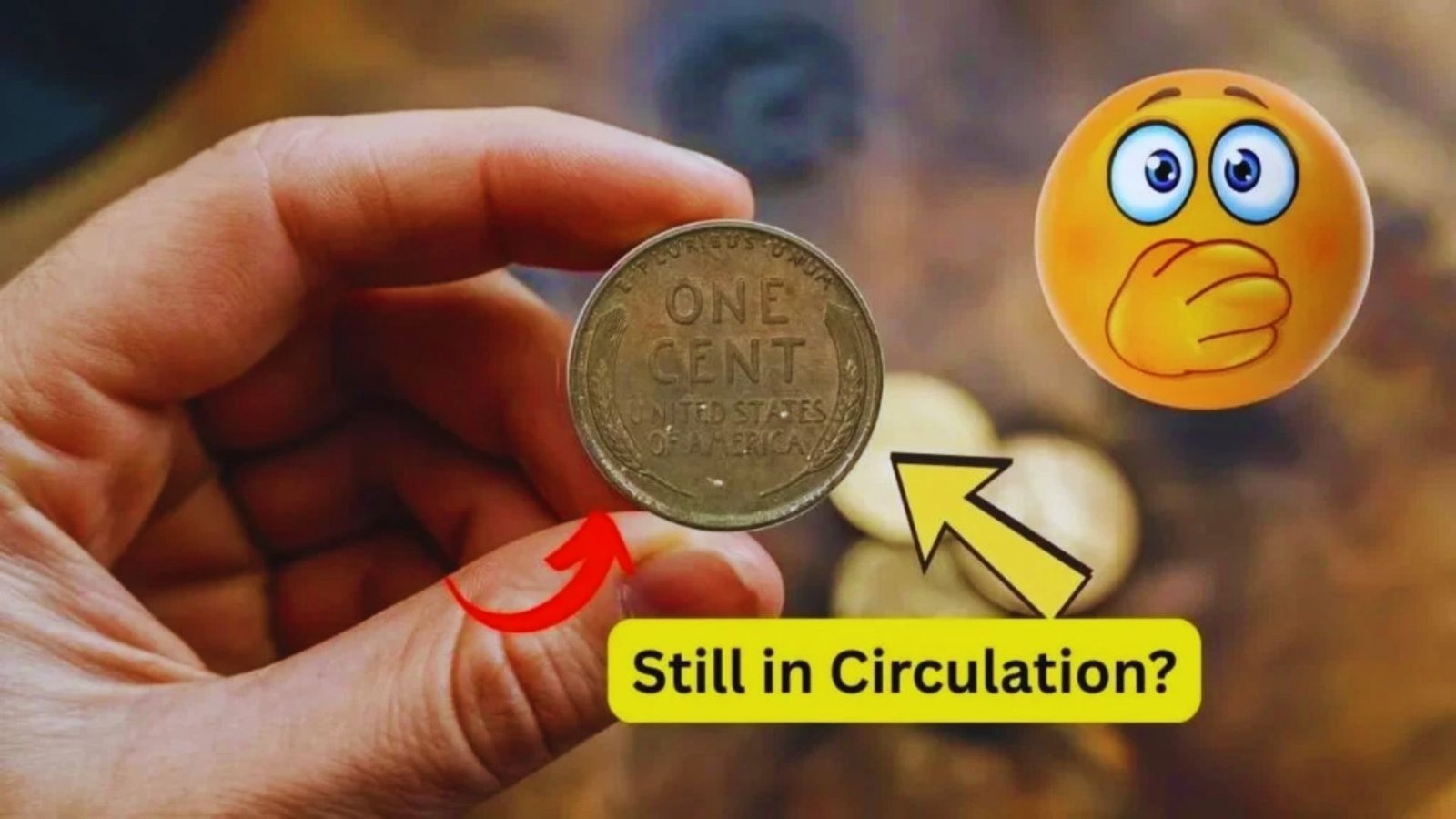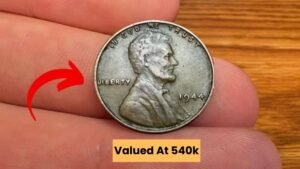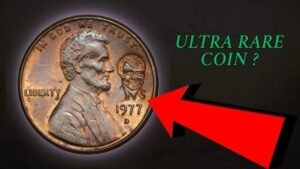Imagine fishing a dusty old penny from your change jar, only to discover it’s worth a cool $120,000. Sounds like a collector’s dream, right? That’s the wild reality of the Lincoln Wheat Penny—one of America’s most iconic coins.
For numismatists and hobbyists alike, this tiny treasure blends history, rarity, and sheer luck. Stick around, and I’ll spill the beans on why it’s still out there, how to spot one, and why rare coins like this keep us hooked on the hunt.
What Is the Lincoln Wheat Penny?
The Lincoln Wheat Penny is that classic one-cent coin you might remember from grandma’s jar. Minted from 1909 to 1958, it features Abraham Lincoln’s profile on the front and two wheat stalks on the back—hence the “Wheat” nickname. But not all are equal. The rare gems, like the 1931-S version, boast low mintage and pristine condition, skyrocketing their value to $120K or more. It’s the everyday coin turned numismatic superstar.
A Quick Dive into Its Fascinating History
Born in 1909 to honor Lincoln’s 100th birthday, this penny replaced the Indian Head cent. Designer Victor David Brenner added his initials (VDB) on early versions, sparking controversy that led to quick changes. The 1931-S Lincoln Wheat Penny? Minted during the Great Depression, only 866,000 were made in San Francisco—making it a scarcity born of tough times. Circulated widely back then, some still slip through pockets today, untouched by time.
Why This Rare Coin Commands $120K Today
Rarity rules in the world of rare coins. The 1931-S’s low production, combined with high demand from Lincoln Penny collectors, drives prices sky-high. Condition matters too—a gem uncirculated example hit $120K at auction recently. In today’s market, where numismatic investments beat stocks for some, this penny symbolizes economic resilience. Plus, with pennies facing elimination talks, Wheat varieties feel more precious than ever.
How You Can Hunt for Your Own Rare Lincoln Penny
Ready to play treasure hunter? Start by raiding old jars, estate sales, or bank rolls for Lincoln Pennies. Focus on dates like 1931-S or 1914-D. Join online forums or local coin clubs to swap stories and tips. If you snag a suspect, get it graded by pros like PCGS—turning pocket change into profit. It’s a fun hobby that could pay off big for rare coin enthusiasts.
Mind-Blowing Facts and Auction Records
Did you know? The Lincoln Wheat Penny series spans 866,000 for the scarcest date—yet billions circulated overall. Here’s a quick comparison of top rarities:
| Coin Variety | Mintage | Record Auction Price | Key Feature |
|---|---|---|---|
| 1931-S Lincoln Wheat Penny | 866,000 | $120,000+ | Low Depression-era output |
| 1914-D Lincoln Wheat Penny | 1,193,000 | $150,000 | Denver mint scarcity |
| 1909-S VDB Lincoln Wheat Penny | 484,000 | $168,000 | Designer’s initials drama |
| 1955 Doubled Die Obverse | Unknown (error) | $1.7 million | Minting mistake magic |
These stats show why spotting one in circulation feels like winning the lottery.
Another table for quick value checks:
| Condition Grade | Common Wheat Penny Value | 1931-S Value |
|---|---|---|
| Circulated (Good) | 1-5 cents | $50-$200 |
| Very Fine | 10-50 cents | $500-$2,000 |
| Uncirculated (MS-65) | $1-$10 | $10,000-$120,000 |
Expert Tips for Aspiring Numismatists
Listen up, coin lovers: Store finds in albums away from light and moisture. Learn mint marks—S for San Francisco, D for Denver. Avoid cleaning; it slashes value. Chat with dealers at shows for real talk. And remember, patience pays—many rare coins surface decades later. Start small, build your Lincoln Penny collection, and who knows? Your next find could be the big one.
Frequently Asked Questions
Q: Can I really find a $120K Lincoln Wheat Penny in change?
A: Slim odds, but yes—low-mintage ones like 1931-S still circulate occasionally. Check dates!
Q: What’s the most valuable Lincoln Penny ever sold?
A: A 1955 doubled die hit $1.7 million. Rarity plus error equals jackpot.
Q: How do I get my coin appraised?
A: Use services like PCGS or NGC. Submit online or at shows for certified grading.
Q: Are Wheat Pennies still legal tender?
A: Absolutely—they’re worth face value or more to collectors.
Q: Why collect rare coins like Lincoln Pennies?
A: It’s history in your hand, plus potential investment gains.
Wrapping It Up: Your Pocket Could Hold Numismatic Gold
The Lincoln Wheat Penny valued at $120K reminds us that fortune favors the curious. From Depression-era scarcity to auction thrills, this rare coin bridges history and hobby. Key takeaway? Dive into numismatics—hunt, learn, connect. Got a suspect penny? Snap a pic and share in the comments. Explore more on rare coins or subscribe for treasure tips. Happy hunting!




